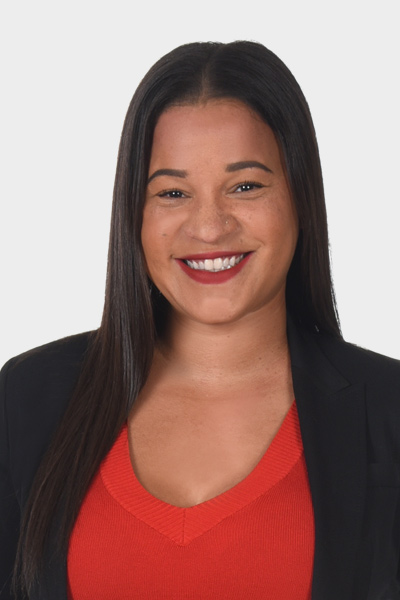As the landscape of business and other services continue to evolve from physical brick and mortar stores to online websites, courts across the country have been seeing an increase in the number of cases regarding website accessibility under the Americans with Disabilities Act (the “ADA”) and comparable state laws. A typical lawsuit alleges that a defendant’s website is not properly designed and coded causing accessibility barriers that makes it difficult or impossible for some people with disabilities, such as the visually impaired, to access or use. Between January 1, 2019 and June 30, 2019, more than 5,500 ADA lawsuits were filed in federal court, representing a double digit increase from the same time period in 2018. If this pace continues, the number of federal ADA lawsuits filed in 2019 will top 11,000. California continues to top the list of federal ADA lawsuits with more than 2,400 filed in the first six months in California. And many more me be filed due to a recent California Supreme Court decision expanding standing for website accessibility claims.
Previously, courts required a plaintiff asserting a website discrimination claim to demonstrate a nexus between the “discriminatory” website and that person’s full access to a connected physical location. However, the California Supreme Court’s recent decision in White v. Square, Inc., 7 Cal. 5th 1019 (August, 2019), which was decided under California’s Unruh Civil Rights Act (California Civil Code § 51) (the “Unruh Act”), as opposed to the ADA, demonstrates the shift that is occurring among courts and the need for business’s to reevaluate their online presence to ensure their websites are accessible to persons with disabilities.
Enacted in 1959, the Unruh Act guarantees all persons full and equal access to “all business of every kind whatsoever.” Expanding on the Unruh Act, the Supreme Court in White ruled that any person who visits a business’s website with the intent to use its services and encounters terms or conditions that exclude the person from full and equal access to its services has standing to sue under the Unruh Act, with no further requirement that the person enter into an agreement or transaction with the business. While the decision concerned discriminatory terms of service by the business as opposed to the subject website having an accessibility barrier due to, for example, improper coding, the ruling suggests that any individual has standing to bring a lawsuit under the Unruh Act based only on that person’s intent to access the website to use or purchase the business’s services or products. In fact, the language of the opinion suggests much broader implications, namely, that visually impaired individuals who visit ADA non-compliant websites may have standing to sue under the Unruh Act, even if the individual takes no action to actually use the services offered on the website.
So how can a business try and insulate itself from these claims? There is no legislation or case law affirmatively specifying what exactly makes a website compliant. Most companies have adopted the Web Content Accessibility Guidelines (“WCAG”) 2.0. in updating their websites in order to demonstrate that their websites provide sufficient accommodations to allow visually impaired individuals to participate equally in their websites’ products and services. WCAG is a series of guidelines for improved website accessibility produced by the World Wide Web Consortium (“W3C”). While not an all-inclusive list of remedies for issues facing web users with disabilities, the WCAG is an internationally adopted and recognized standard. In fact, many federal and state agencies have adopted the WCAG standard and incorporated them into their online websites.
Due the ever changing nature of website accessibility lawsuits, including the recent decision of the California Supreme Court in White, businesses must be diligent in the continued review and monitoring of their online presence and websites in order to keep up with the emerging technology of website accessibility.
By Chanel L. Oldham
Associate at Frandzel Robins Bloom & Csato, L.C.

